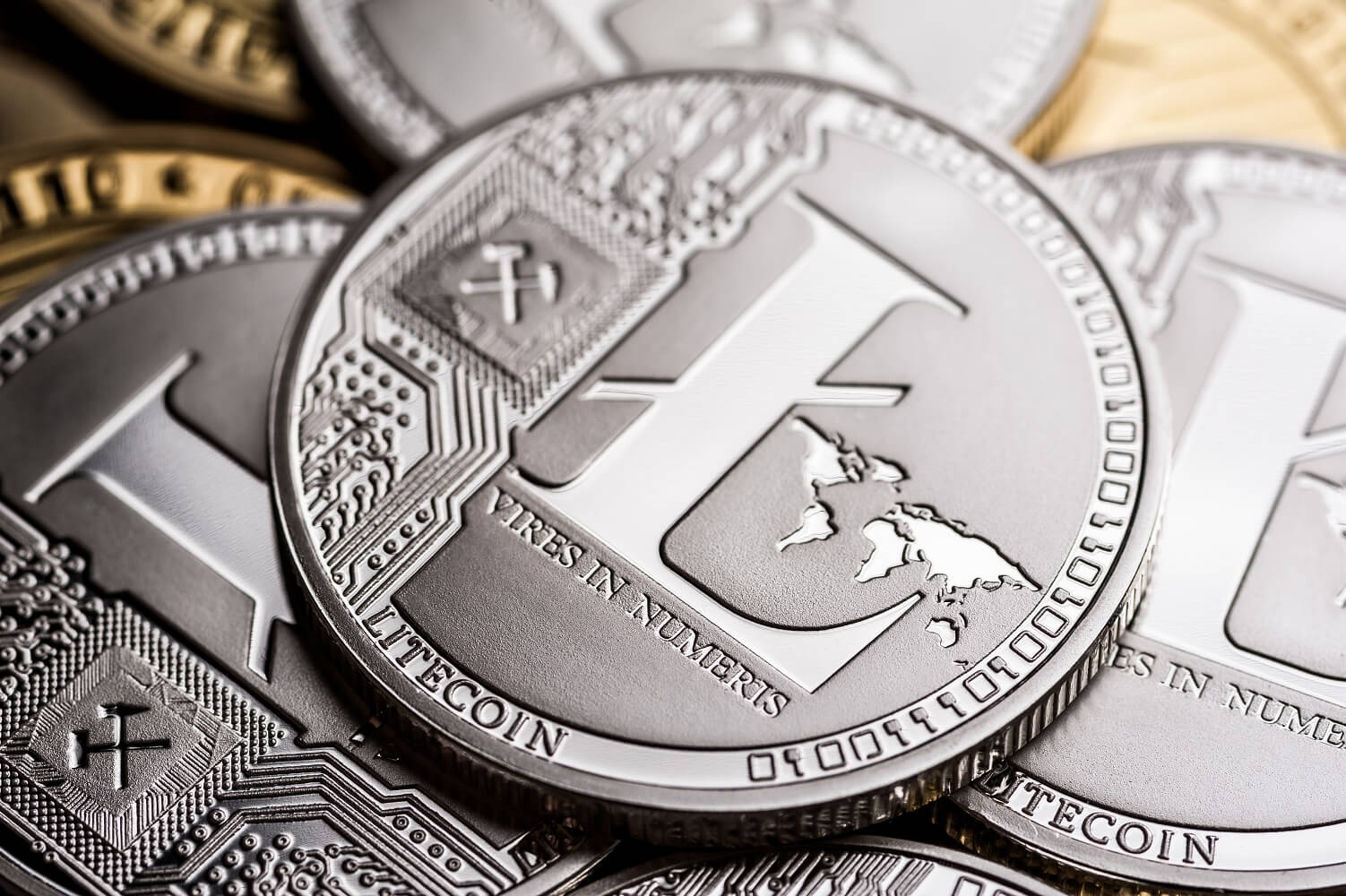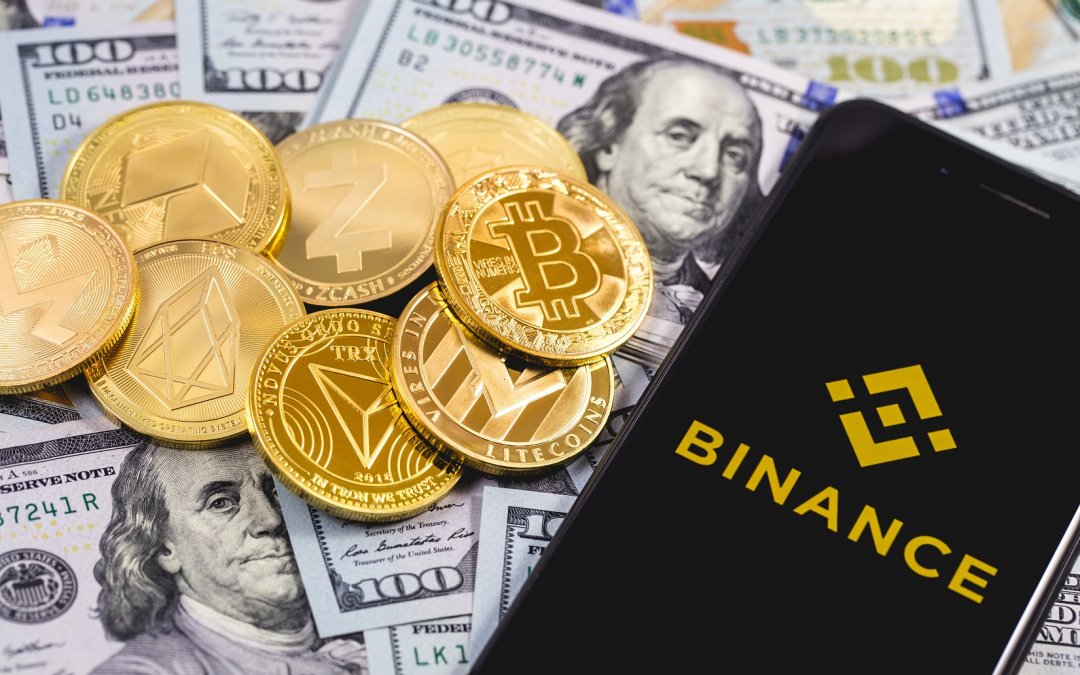By definition, altcoins are all cryptocurrencies, which are not Bitcoin. As Bitcoin is the first digital coin to utilize blockchain technology as a form of a decentralized exchange system, it currently makes up nearly 45% of the total crypto market cap. This means that all the altcoins combines are valued at (more or less) the same price as all the Bitcoins in circulation.
What are altcoins used for?
According to Coinmarketcap, the current number of altcoins in circulation is more than 12 000. The reason there is such a wide variety of them is that they have different applications, either for providing utility to businesses or as investment options. What all altcoins share is that they operate using distributed ledger technology. Due to the fact that these digital assets are programmed with an unexploitable set of rules and a strict consensus mechanisms, a lot of developers have taken this premise and tried to shape it to their personal vision. This has led to the creation of new coins and tokens, which could be purchased and used in various ecosystems. To make things simple, let’s take a look at a couple of examples of altcoins that you can currently find on the market.
Litecoin
Litecoin is among the oldest altcoins in the market. As an early Bitcoin spinoff, Litecoin was created with the purpose of speeding up transaction times and improving storage efficiency. While it was originally based on Bitcoin’s blockchain source code, its founder, Charlie Lee, sought to improve the technology behind digital currencies. Litecoin aims to be the digital equivalent of silver, just like Bitcoin is of gold. However, it hasn’t experienced such a wide adoption and in terms of technology it does not offer any major innovations.

Ethereum
Ethereum is currently the most popular altcoin on the cryptocurrency market. Released in 2015, it introduced new functionalities into its blockchain, including ‘smart contracts’, computer programs that can automatically execute an agreement after certain pre-set terms are met. Unlike Bitcoin, Ethereum does not only serve as a digital exchange system but rather as an ecosystem that can provide utility to various industries.
The innovation in blockchain technology has led to the institution of various other altcoins, which have emerged with the idea to be even more decentralized, scalable, secure, or faster than Bitcoin. Most of them can be categorized as native cryptocurrencies (or governance coins), security tokens, utility tokens, stablecoins, etc.
Chainlink
Chainlink is a blockchain oracle protocol built on Ethereum, which is used to facilitate transfers of data from off-chain sources to smart contracts within the network. In this case, the value of LINK is determined by the change in demand for smart contract services. If an investor believes that the demand will rise, they might decide to buy LINK and wait for the price to go up in order to sell for a profit.
While native cryptocurrencies are the foundation of a network’s ecosystem, tokens provide additional functionality, which could further help the project to scale.

The difference between native cryptocurrencies (coins) and tokens
Native cryptocurrencies are all coins, which are created to run on a specific blockchain network and provide functionality to it. For example, Ether (ETH) is the native coin of the Ethereum network. When a user wants to execute a smart contract on the blockchain, they have to pay a transaction fee in ETH.
Depending on the network, on which they are used, certain altcoins could provide further operational benefits to holders. One such cryptocurrency is Binance coin, or BNB, which allows traders to reduce their transaction fees by paying with it. Moreover, the exchange allows users to convert small amounts of cryptocurrencies (otherwise untradable) into BNB.
Unlike native cryptocurrencies, tokens represent units of value that operate on an already existing chain. They are created with a specific purpose that serves the needs of users of the network.
What are stablecoins?
A stablecoin is a type of altcoin, which is specifically designed to provide the benefits of a blockchain exchange system while minimizing volatility. To successfully do that, stablecoins are “tied” to fiat currencies and are not affected by market moves. For example, the largest stablecoin by market cap, Tether, is tied to the U.S. dollar, which means that one unit of USDT will always equal one dollar. For most users, stablecoins are simply a convenient way to hold funds in a crypto exchange or send and receive funds globally.
Conclusion – What altcoins to look out for?
If you are looking into a cryptocurrency, consider whether it has a real-world application. To make a reasonable long-term investment, find out which network has the potential to scale in the future and increase the value of the assets running on top of it. While there are various altcoins, in which you can invest, a lot of these projects will inevitably fail. Cryptocurrency trading might sometimes be a good alternative to the traditional stock market, but it carries its own risks. Before dedicating your resources to a certain project, you must have a firm understanding of the market trends and make use of all the available resources to properly analyze its potential to grow.
Nothing on this website should be perceived as financial, investment or trading advice. We urge you to do your own research prior to investing and we highly recommend that you consult a certified financial advisor.
Tell us what topic you’d like
Us to cover!
Our objective is to make the world of crypto more comprehensive to everyone out there







0 Comments